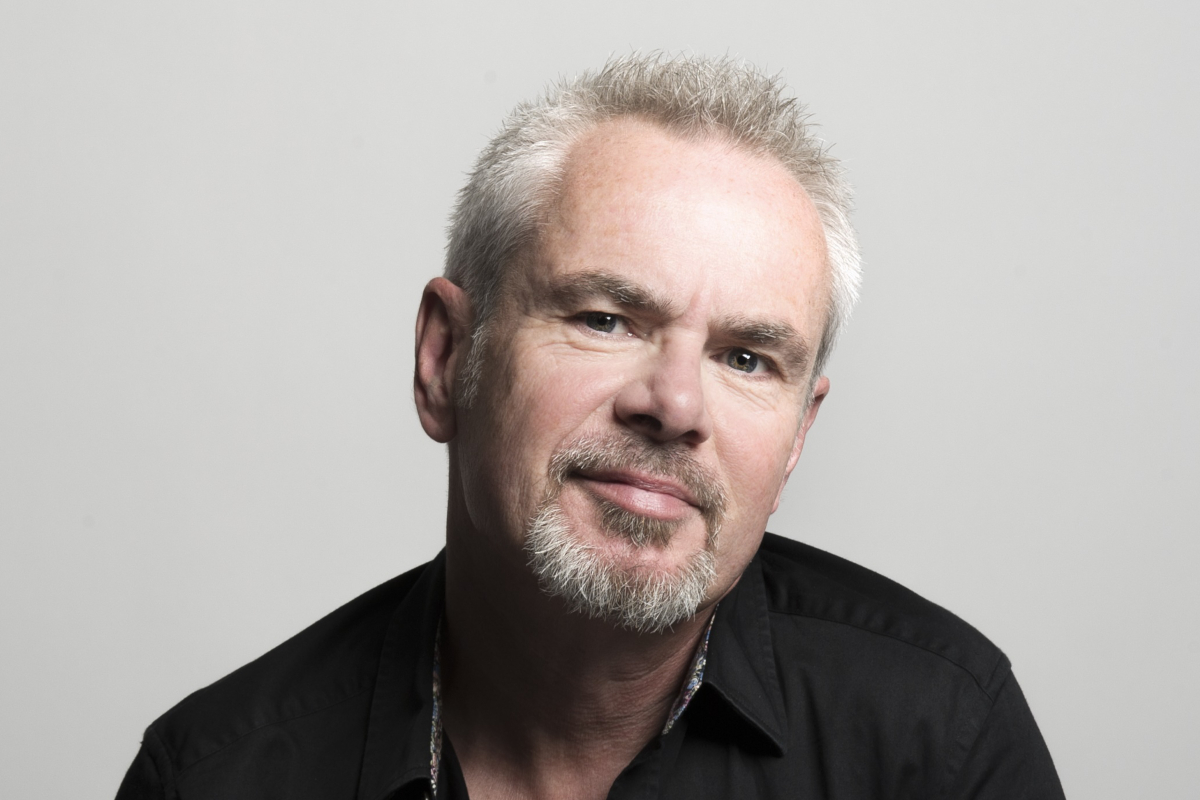Can’t tell Nik Kershaw and Howard Jones apart?
Don’t worry — nor can Kershaw’s infant son.
The affable singer chuckles as he tells the story: “I’ve got the CD of the 25th anniversary gig Howard did because I played on it. The front cover is a picture of Howard, and my son pointed at it and said: ‘daddy’.”
But, if you’ve been anywhere near a radio or retro party in the past 25 years, you’ll have heard ‘Wouldn’t It Be Good’, ‘The Riddle’, and ‘Wide Boy’. All Kershaw’s. All a part of his fans’ psyche.
“That is quite an astonishing thing,” he says. “It’s most gratifying that people still know the songs.
“I feel lucky — it’s great to have those songs, especially when you’re out playing your own gigs and you’re playing new songs, it’s good to have the old ones to reel out when people’s eyes start glazing over,” he grins.
But he’s quick to point out that he won’t be playing anything but the classics during his slot on the ’80s Rewind Festival in Durban. And he clearly doesn’t mind.
“I guess it’s part of everyone that hates the fact that you’re defined by something you did nearly 30 years ago — but I don’t get frustrated about it anymore, and I understand. If I go and see one of my favourite bands, I feel a bit cheated if I didn’t hear certain songs,” he reasons.
“It’s obvious what this gig is — people are buying tickets to hear Midge Ure’s biggest hits, ABC’s biggest hits. We understand that. It’s not rocket science. So we go there, we give people what they want, it’s great fun, and everybody’s happy. It doesn’t pretend to be anything else,” Kershaw readily admits.
“Singing the songs is a bit like riding a bike. I do play them quite regularly over the period of a year so it’s not too much of a strain. There shouldn’t be a problem remembering words — they’re a part of my psyche now, but there have been occasions where I open my mouth and the wrong words have come out, so you pretend that’s what you meant to do all along,” he chuckles.
It’s a calm, laid back approach that certainly seems a lifetime away from his whirlwind arrival on the charts in 1984.
“I don’t think anything prepared me for it really,” he says. “You have to accept the fact very early on that you’re not in control of what’s going on and it’s got a complete life of its own. You just get swept along with it and hope you bob up to the surface now and again.”
By 1989 he’d decided to step back, spending the next decade writing for others. One of his first contributions: Chesney Hawkes’ signature song, the once ubiquitous ‘The One And Only’.
“I didn’t write it for Chesney but when I wrote it and put it to tape, I put it on a shelf really,” he remembers. “I thought it just sounded a bit old fashioned, really.”
Although Kershaw doesn’t regret offering the song to someone else, he occasionally performs it live — and remains close to the man who sang it. (“Chesney’s a dear friend — he was over at the weekend.”)
He also remains close to his ’80s contemporaries.
“Really more so than back in the day, because then you might bump into each other at an awards ceremony or festival and then you’d disappear on tour and they’d be off to LA and you wouldn’t see them for another three years. But nowadays we’re all doing the same sort of thing — we’re all on the same circuit, doing the same sort of festivals, and we do bump into each other quite a lot now.”
Kershaw juggles such nostalgia — his debut album, ‘Human Racing’, is reissued at the end of February — with new work.
“I take forever to do anything nowadays, because I don’t have a major record deal I don’t have major deadlines either. I’ve been working on this album for about a year now and I’m hoping it will be ready for release in about June,” he reveals.
“It’s not acoustic. It’s 12 songs. Every album sounds different based on where your head is at, what technology is available, how you actually record it, so it won’t sound the same as the other albums,” he promises.
- This article originally appeared on EntertainmentAfrica.com.
